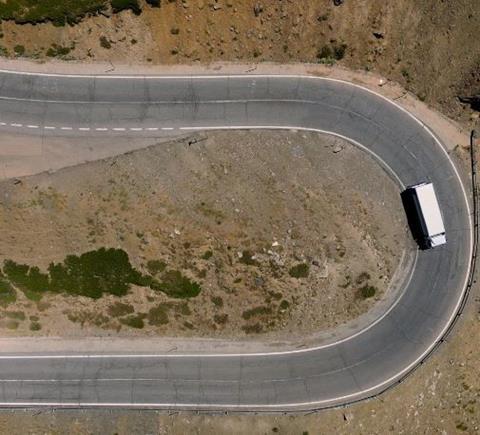Zemo Partnership has recently conducted a study focusing on the emissions produced by auxiliary transport refrigeration units (auxTRUs) used in conjunction with Heavy Goods Vehicles (HGVs).

These units, commonly attached to trailers towed by Euro VI trucks, have drawn attention due to their emissions, which surpass those of vehicle exhaust. The study found that auxTRUs can emit higher levels of pollutants, such as oxides of nitrogen (NOx) and particulate matter (PM), compared to the emissions standards set for Euro VI trucks.
Despite the implementation of stringent emission standards for vehicle propulsion engines, auxTRUs, categorised as non-road mobile machinery (NRMM), are not subject to the same regulations. Zemo Partnership’s ongoing research, supported by the Department for Transport (DfT), aims to assess the broader environmental impact of auxTRUs and other NRMM across the UK, building on previous collaborations with Transport Scotland.
The initial findings of the study reveal significant fuel consumption and emissions associated with UK diesel auxTRUs. Approximately 235 million liters of fuel are consumed annually, contributing an estimated 590 kilo-tonnes of greenhouse gas (GHG) emissions. Additionally, auxTRUs produce notable amounts of NOx and PM, surpassing emissions from Euro VI-compliant propulsion engines.
The study goes on to underscore the impact of weather conditions on auxTRU emissions and fuel consumption, with significantly higher levels observed during periods of elevated temperatures.
However, the emergence of alternative refrigeration systems, such as solar-powered trailers and electric fridges, presents potential avenues for reducing environmental impacts.
Download the full report here.


















